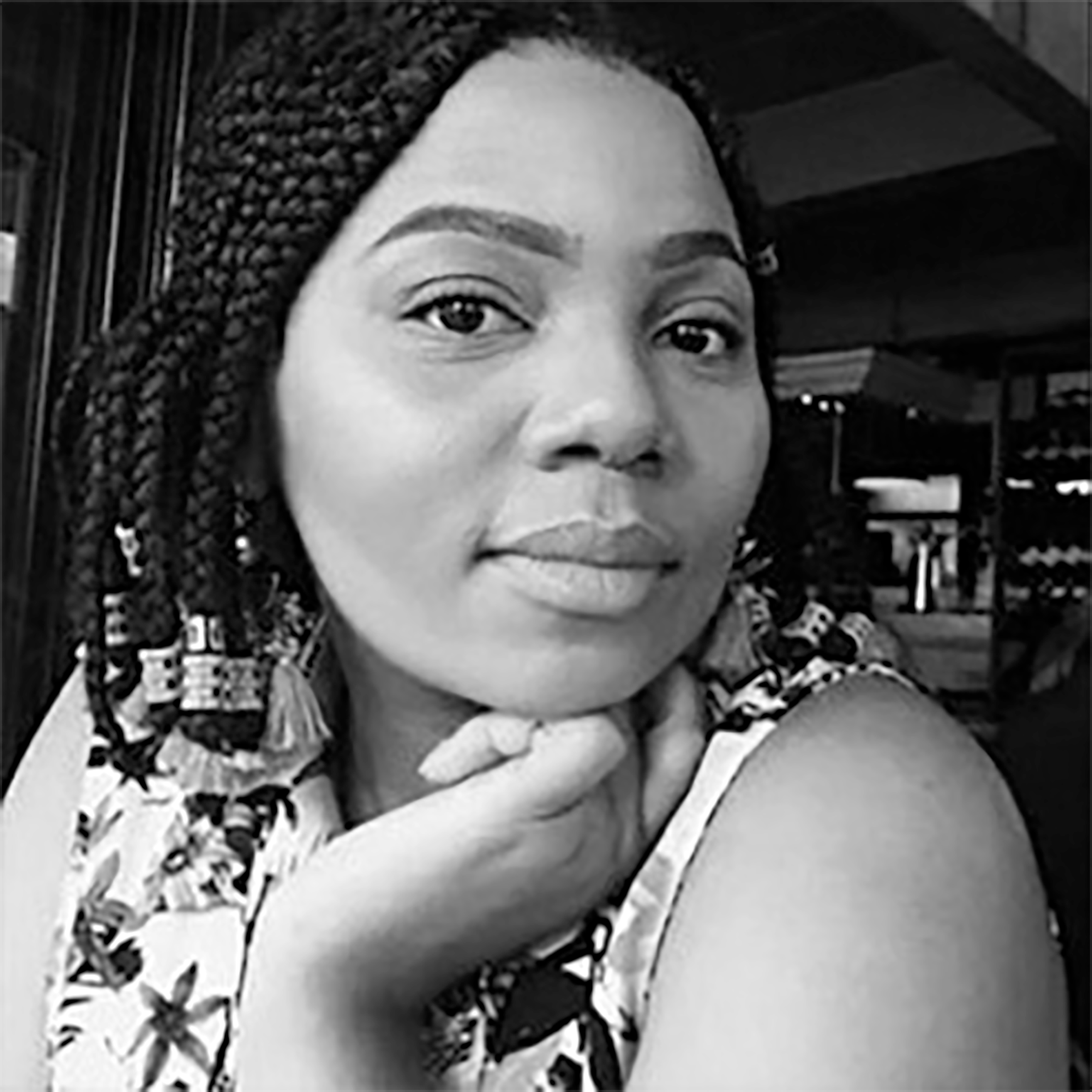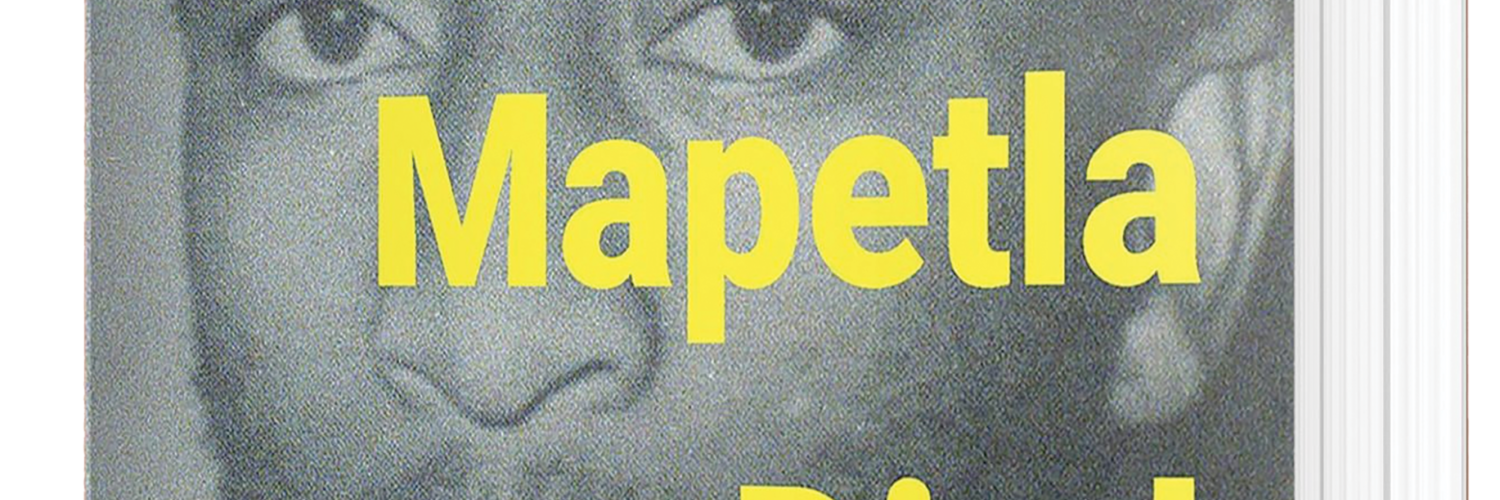TOWER: The author of the book ‘Now You Know How Mapetla Died,’ probing the murder of a leading Black Consciousness leader, writes about her research…

By Zikhona Valela
February 10th is Roberta Flack’s birthday. Mapetla Mohapi was one of her South African fans who, according to his widow, Nohle Mohapi-Mbetshu, listened to songs like “Go Down Moses” religiously. The album containing this single was released 50 years ago this year.
For my book, Now You Know How Mapetla Died: The story of a Black Consciousness martyr, music was as important as text. It was text. In order to get some kind of grasp of who this giant of Black Consciousness was, I had to immerse myself in his playlist, from Flack to Nina Simone.
Art was fuel for the Black Consciousness Movement (BCM). Mohapi sat in his RnB- and jazz-drenched lounge in Zwelitsha, every Sunday—what I imagined was an act of replenishing before he returned to his Black Community Programmes or his work of recruiting for the South African Students Organisation (SASO). Perhaps this explains why the arts in South Africa are criminally underfunded and virtually defrauded: perhaps to prevent the creative force that could fuel revolution towards the realization of the ideals of the liberation movement.
My first encounter with Mapetla was while I was reading for my MA in History on Winnie Madikizela-Mandela, through Dr Ramphele Mamphela’s “Political Widowhood: The Embodiment of Ambiguity.” In this paper, Ramphele contrasts the figures of Madikizela-Mandela and Mohapi-Mbetshu who can be classified political widows. Both are mothers to two daughters (Motheba and Konehali authored the afterword of this book). Yet, only the former is well-known. The fact is, this book is impossible without Nohle Mohapi-Mbetshu, whose name continues to be misspelled. It is Nohle. Short for Nobuhle. Not Nonhle or Nomhle or other bastardisations out there on the internet.
Mapetla Mohapi’s inquest was heard at the King William’s Town Magistrate’s Court in 1977, where documents are destroyed after 10 years. If his widow hadn’t pursued a civil claim heard at the High Court where documents are kept, we wouldn’t have evidence of any court proceedings. That which we have on record is thanks to a Black woman. Black women have been central to the preservation of memory and history.
I check back with Nohle often, verifying details of her husband. It is an embarrassing task because of how I imagine this to be somewhat triggering for her. Once the book is published, she would tell me on Easter Friday April 15, 2022 (April 15 being the day she opened the Truth and Reconciliation Commission with her testimony about her husband’s murder and her own experience of the apartheid prison system) that she finally found out why Mohapi was arrested in the first place.
If it isn’t Biko, forget about it. The reality is, no one cares about Black Consciousness (at least not in mainstream history) unless the story centres Biko. It is a grave injustice to South African liberation history. For a world that glorifies firsts, it is odd that Mohapi’s story was virtually unknown. Even with a growing history that wants to break with “ANCifying” the liberation struggle history, there was barely, if any, interest in Mohapi.
For example, Mohapi’s story garnered no more than a paragraph in books like the Black Consciousness Reader. Glimpses of his contribution to the BCM appear in Bounds of Possibility: The Legacy of Steve Biko and Black Consciousness. Parcel of Death, a biography of a fellow University of the North alumnus, Onkgopotse Abram Tiro, mentions Mohapi’s name twice. Biko: A Biography only mentions Mohapi in relation to what seemed like Biko’s depression in the aftermath of the former’s death.
When I launched my book at the Steve Biko Centre at Ginsburg, eQonce, Biko’s widow, Ntsiki, would tell me she only saw her husband cry twice: when her sister died and when Mohapi died. My book relied less on a “reading list” and more on conversations with those who remained, those who continued to search for justice on behalf of a giant of the BCM. Apart from family, those who spoke with me were Dr. Ramphele, Mr. Lybon Mabasa, the founding president of the Azanian People’s Organisation (AZAPO) who was also recruited to SASO by Mohapi 50 years ago, Professor Harry Nengwekhulu, Mr. Pandelani Nefolovhodwe and Bishop Mpumlwana. Their words became the text missing all these years, text that should have formed part of essential reading into South Africa’s journey to 1994.
From Ramphele and Bishop Mpumlwana I learned of Mohapi’s commitment to unity and solidarity regardless of political affiliation. Mabasa painted a portrait of a Mohapi invested in movement building. Bishop Mpumlwana and Mohapi were instrumental to Biko meeting Robert Sobukwe and advocating for the united front Biko spoke of towards his untimely death in 1977. My book has become the first of a “Mapetla reading list,” but more must be done to reinstate Mapetla Mohapi to his rightful place in BCM and South African liberation historiography.
There is a chapter in Biko’s I Write What I Like, where he seems to speak of Mohapi’s death. Donald Woods, who accused the BCM of being racist before changing his mind, includes in his biography of Biko some details of Mohapi who ended up being employed as a journalist and columnist at the Daily Dispatch, thus being the mouthpiece of SASO and the Black People’s Convention.
Ramphele’s biography, Across Boundaries was essential reading for a glimpse into Mohapi’s radicalism and support for armed struggle, which brings me to a point that one of my discussants, Precious Bikitsha, raised after reading the biography—that it decentred the MK Lusaka/exile narrative. Those who stayed in the country also fought for this land and for liberation. The struggle was not waged only in exile. And, so all of us should enjoy the spoils of freedom, should we not?
This book exposed the limits of biography in the instance of a man murdered at the age of 28—his life really at the start—and the lapse of four decades between his death and the time the book was written.
The finished product took hours of reading, conversations with his family and colleagues, as well as listening to the music he loved. The book’s pages bring together various life stories and the ways each is connected to Mohapi. It only marks the beginning of what I hope will be a serious meditation on this forgotten martyr.
*Zikhona Valela is a historian and author of Now You Know How Mapetla Died: The story of a Black Consciosness martyr. The article was sourced from Africa Is a Country, a site of opinion, analysis, and new writing on and from the African left.
Published on the 92nd Edition.































